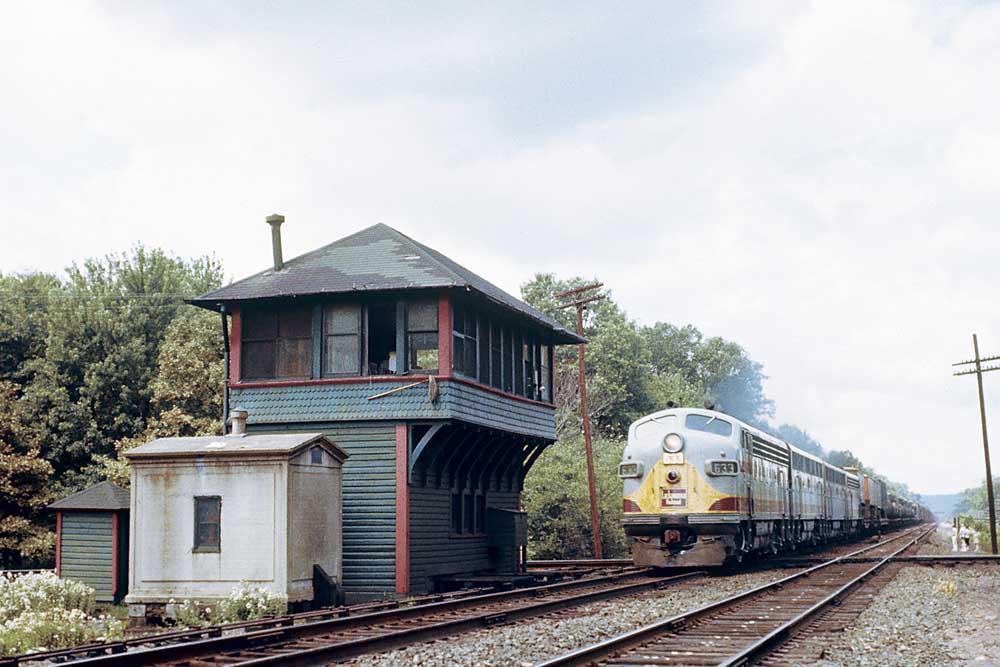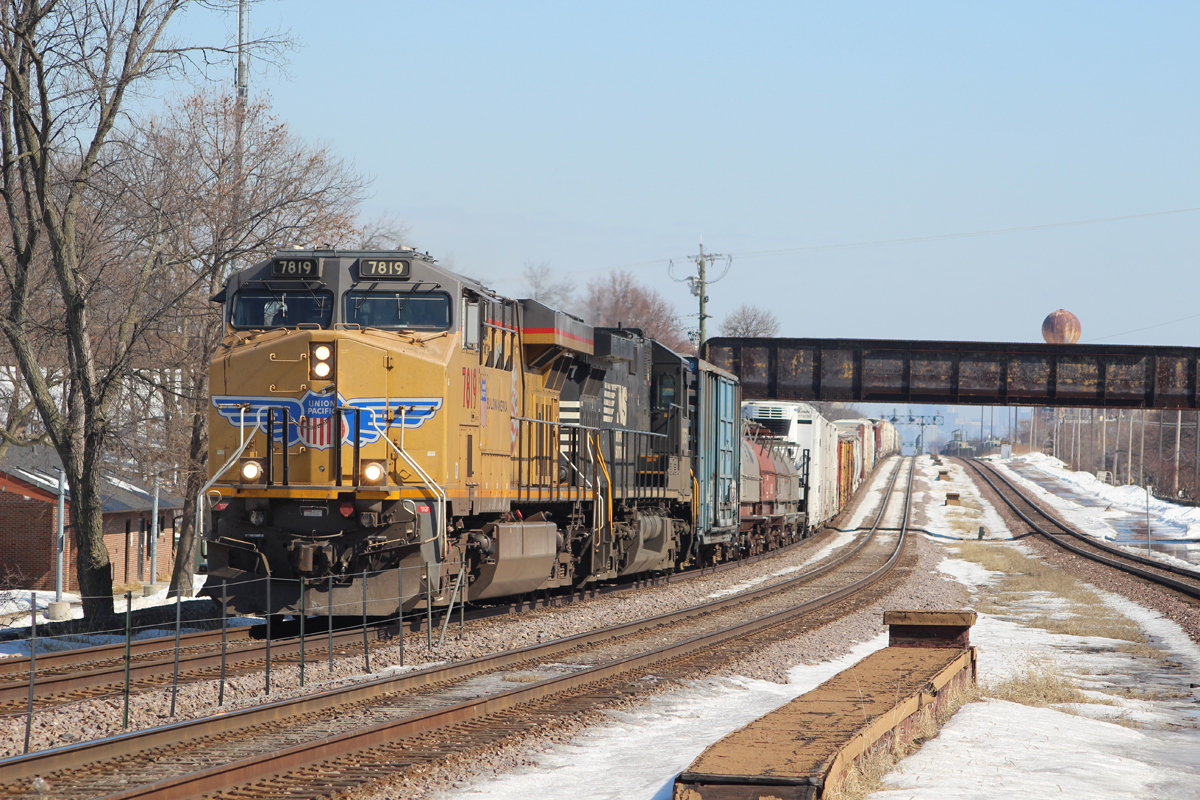That's why we need to pass laws banning offshoring or outsourcing to other countries. Either that or impose a steep tax on the company and their shareholders. Better yet even ban the company and its products from America unless they bring all manufacturing and final production here and stop outsourcing to third world countries. That might jack up the supply chain but will reign these greedy pigs in.
Hitting the companies where their pocket is, is the only way to get something done. I saw many, many jobs disappear over the years and whole cities decimated by it. I'm not talking about recent offshoring; I'm talking about offshoring done in the 60s and 70s.
Lowell, Manchester, and Lawrence lost their textile industry in the 50s and 60s. The mill companies initially moved to the South then overseas. When they did, the cities lost big companies that once hired 20,000 employees or more per shift.
The same occurred in Haverhill where I live. This city once made shoes and other leather goods. The city was known as the Queen Heel City because of all the women's shoes made here. The factories also made boots, children's shoes, men's dress shoes, and much more. They hired about 25,000 employees who worked three shifts making shoes.
In the 1970s, most of the factory's shutdown almost abruptly as they sent their work to Brazil and to other places. Today, there are no shoe factories left. The mills are now upscale condominiums for the NIMBYs who dislike trains and drive to Boston daily.
The once vibrant downtown is mostly bar rooms, a few banks, and nail salons. Any of the real stores are closed now. It didn't help that New Hampshire is 4 miles away with no sales tax. While the border cities and towns were bleeding business and retail, they asked whoever the governor was at the time for sales tax exemptions, but that was denied.
The thing is, when cities lose jobs to businesses offshoring, it isn't just these cities that are affected. With the shoe industry in Haverhill, for example, this affected Woburn where the tanneries were located and Peabody where leatherwork and shoe machinery was manufactured as well as shoes.
Today, both cities skimp along as commuter cities with some light industry. Woburn does have an extensive array of industrial and office parks, but since Covid-19 many of these have been empty. Big businesses found they could save more buckos for the top by giving up their shimmering silver towers and let employees work from home.
During the tech sector boomed in the 1980s, Our governor pushed to bring businesses back to the mill cities and offered training programs for the unemployed workers. I worked for a small company that hired many of the former shoe workers. A number of them knew my aunt and uncle who worked at one of the factories and I would be asked by family how so and so is doing and vice versa. Then they couldn't compete with dropping prices and offshored their manufacturing. I was laid off in1987, and they closed a short time later. It was too little and too late for the company and also for their product line.
The same occurred at other companies where I worked, and offshoring has impacted my brother's graphics business now. He had to price his work at the very bottom in order to stay in business, otherwise his customers will go to India to get their artwork done.







